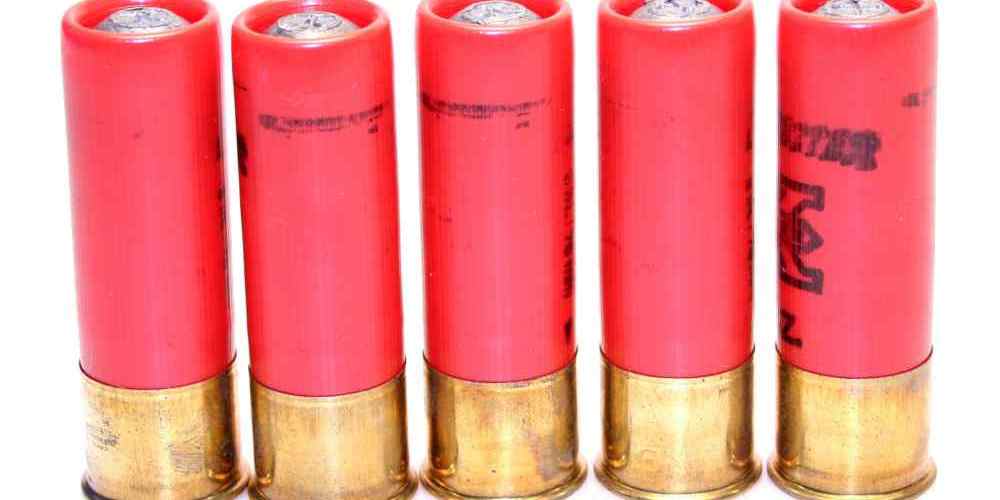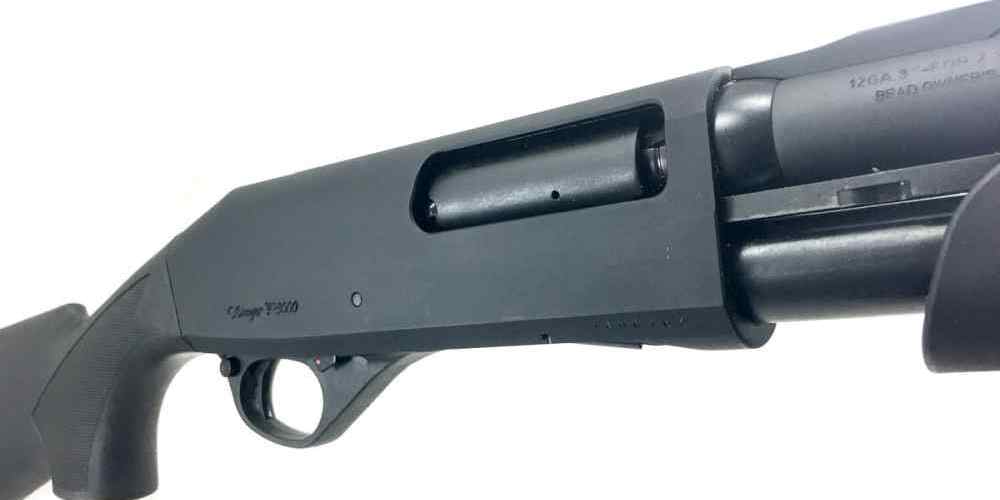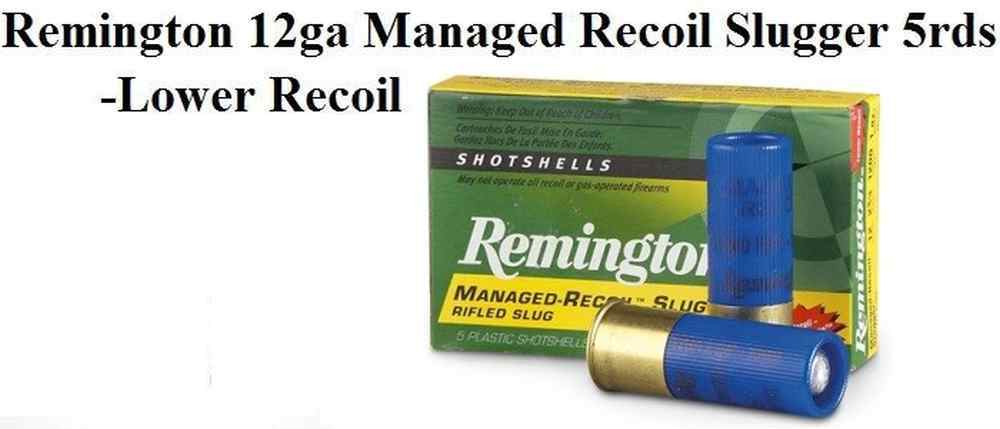“Picking Your Payload: Get the Right Shot for Every Situation!”
Exploring the Different Types of Shotgun Ammunition and Their Uses
If you’re a shotgun enthusiast, you know that there are many different types of shotgun ammunition available. From birdshot to buckshot, slugs, and more, there’s a type of ammo for every type of shooting. In this article, we’ll explore the different types of shotgun ammunition and their uses.
Birdshot is the most common type of shotgun ammunition. It’s typically used for hunting small game such as birds, rabbits, and squirrels. Birdshot is made up of small pellets that spread out when fired, making it ideal for hitting small, fast-moving targets.
Buckshot is a larger type of shotgun ammunition. It’s typically used for hunting larger game such as deer and wild boar. Buckshot is made up of larger pellets that spread out less than birdshot, making it more accurate at longer distances.
Slugs are a type of shotgun ammunition that consists of a single, large projectile. Slugs are typically used for hunting larger game such as deer and wild boar, as well as for self-defense. Slugs are more accurate than buckshot at longer distances, but they also have more recoil.
Finally, there are specialty types of shotgun ammunition such as sabot rounds, which are designed to increase accuracy and reduce recoil. Sabot rounds are typically used for hunting larger game such as deer and wild boar.
No matter what type of shotgun ammunition you’re looking for, there’s a type that’s perfect for your needs. Whether you’re hunting small game or large game, self-defense or target shooting, there’s a type of shotgun ammunition that’s right for you.
How to Choose the Right Shotgun Ammunition for Hunting
Choosing the right shotgun ammunition for hunting can be a daunting task. With so many different types of shotgun ammunition available, it can be difficult to know which one is best for your needs. Here are some tips to help you make the right choice.
First, consider the type of game you’ll be hunting. Different types of game require different types of ammunition. For example, if you’re hunting small game like rabbits or squirrels, you’ll want to use a smaller shot size like #7 or #8. If you’re hunting larger game like deer or turkey, you’ll want to use a larger shot size like #4 or #5.

Next, consider the range at which you’ll be shooting. Shotguns are most effective at close range, so you’ll want to choose an ammunition that is designed for that range. If you’re shooting at longer ranges, you’ll want to choose a heavier load with a larger shot size.
Finally, consider the type of shotgun you’ll be using. Different shotguns have different chamber sizes, so you’ll want to make sure you’re using the right type of ammunition for your gun. If you’re using a semi-automatic shotgun, you’ll want to use a low-recoil ammunition. If you’re using a pump-action shotgun, you’ll want to use a higher-recoil ammunition.
By following these tips, you’ll be able to choose the right shotgun ammunition for your hunting needs. With the right ammunition, you’ll be able to make the most of your hunting experience.
Understanding the Pros and Cons of Different Shotgun Ammunition Loads
When it comes to shotgun ammunition, there are a variety of loads available to choose from. Each type of load has its own pros and cons, so it’s important to understand the differences between them before making a decision.
The most common type of shotgun ammunition is birdshot. Birdshot is great for hunting small game, such as birds and rabbits, as it spreads out quickly and has a wide range of coverage. The downside of birdshot is that it doesn’t have enough power to take down larger game, such as deer.
Another type of shotgun ammunition is buckshot. Buckshot is larger than birdshot and is designed to take down larger game. It has a much tighter spread than birdshot, so it’s more accurate at longer distances. The downside of buckshot is that it can be too powerful for small game, so it’s important to be sure of your target before firing.
Slugs are the most powerful type of shotgun ammunition. They are designed to take down large game, such as deer and bear, and have a very tight spread. The downside of slugs is that they are not as accurate at longer distances, so they should only be used when you are sure of your target.
Finally, there are specialty loads, such as non-toxic and low-recoil ammunition. Non-toxic ammunition is designed to be safer for the environment, while low-recoil ammunition is designed to reduce the amount of kickback when firing. Both of these types of ammunition have their own pros and cons, so it’s important to do your research before making a decision.
No matter which type of shotgun ammunition you choose, it’s important to understand the pros and cons of each type before making a decision. By doing your research and understanding the differences between the various types of loads, you can make sure you’re using the right ammunition for the job.





